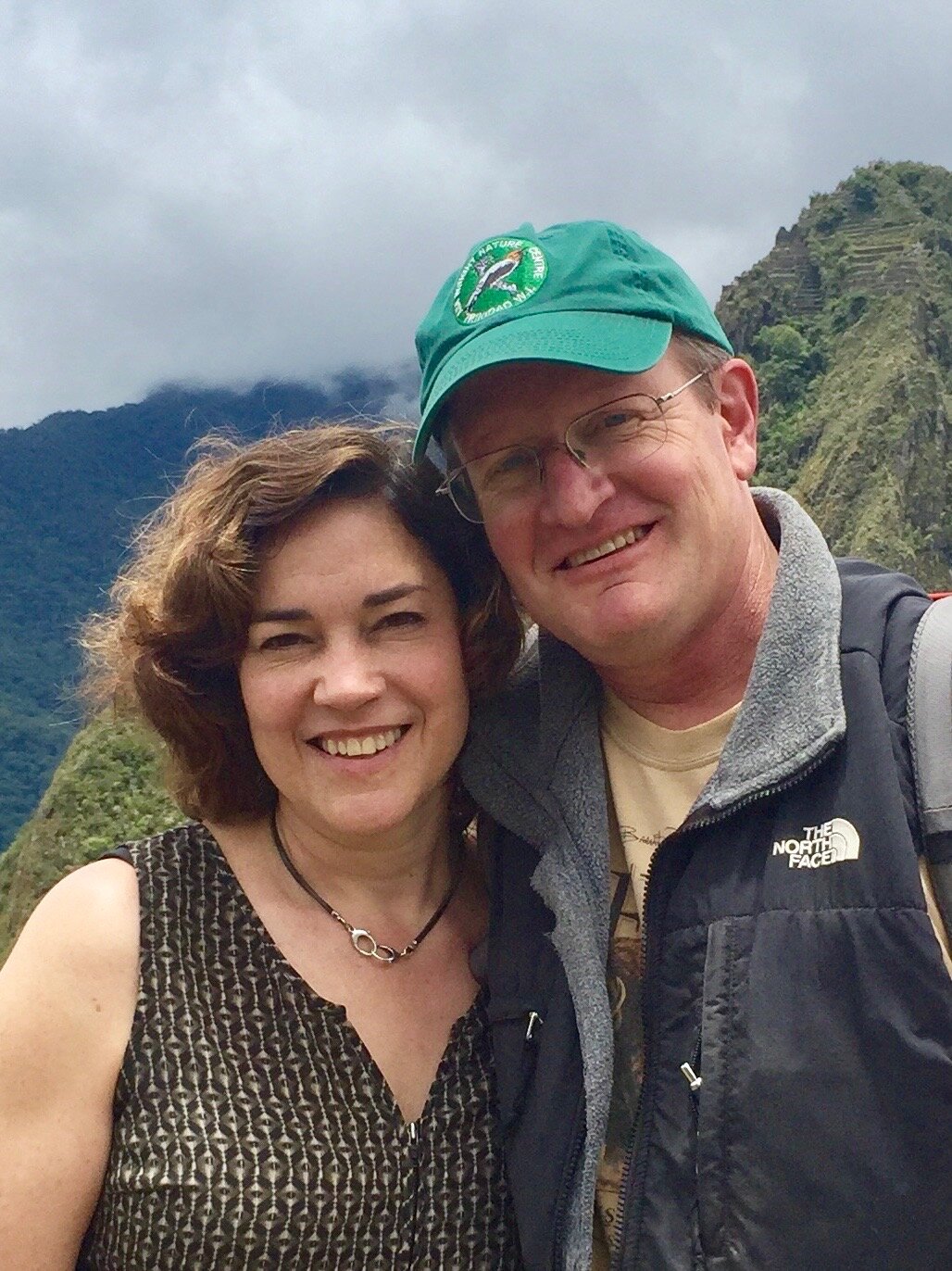By Lori Daniels Krummen
I don’t generally consider myself an anxious person – but to my surprise, I found myself unable to sleep especially during those first few weeks. And then there was that new dry cough – was that COVID, or all that Lysol everywhere? What about that heart pounding for a bit longer than it should after I raced up the stairs, late for yet another COVID planning meeting? Was it too much caffeine today? (I asked for half caff – they wrote “1-2 caff” on my cup. I think they gave me a double shot instead!) Is that why my heart is pounding and I’m sweating? I had been in the hospital daily, around nurse managers and housestaff who later spiked fevers (but tested negative!) Like most around me in the hospital, every symptom that would barely register under normal times was now a potential COVID diagnosis.
I had just finished a half-month block attending on the inpatient cardiology service, which meant I wouldn’t be leading daily rounds again for at least a month (assuming no surge…), and though I was still seeing clinic patients, mostly remotely, and was working daily on our Division and ICU COVID plans and protocols, I found myself wanting to do more. Twitter feeds about the SARS-CoV2 use of the ACE2 receptor pointed me toward preliminary studies out of China, and more reading, which led me to develop a collaboration between colleagues at our 4 sister University of California Medical Centers. It started with a 9pm Friday night phone call to our Chief Medical and Informatics Officer, which led to a connection with data analysts and a weekend of meetings and spreadsheets. By Monday at 8am I had IRB approval and a (deidentified) working dataset of all UCSD patients tested for COVID, and their relevant medical data. Record time.
For me, that weekend epitomizes the good of what COVID is bringing out in us. Our community is becoming stronger. I saw how eager everyone is to pitch in and help, in whatever way they can. The answer, from everyone, was “yes”. Weekend meetings, working early morning and late-night hours, writing proposals, getting approvals, joining forces, going above and beyond – yes, yes, and yes. We are all pulling together.
On a personal level, with no sport or science Olympiad teams to coach, no school lunches to pack, no girl scout meetings or drama clubs or practices of any sort to shuttle the kids to – I suddenly have time to not only dive into research, but also to be with my family. We go on bike rides. We made a family movie about the lockdown. I cook (sorry, kids! And yes, a non-COVID reason to have GI distress). And now, though I am back on service in the hospital, the long clinical hours combined with the research keeps me motivated and hopeful. I still think and worry about those in cities hit much harder than ours, and wish I could do more to help. But the small part that I am doing, and the joint effort that others are freely giving around me, provide me with something to focus on – and now I barely even notice my dry cough anymore.
Lori Daniels Krummen, MD is a cardiologist and Medical Director of the Cardiovascular Critical Care Unit at UC San Diego. She also runs the Biomarker Research Center.












